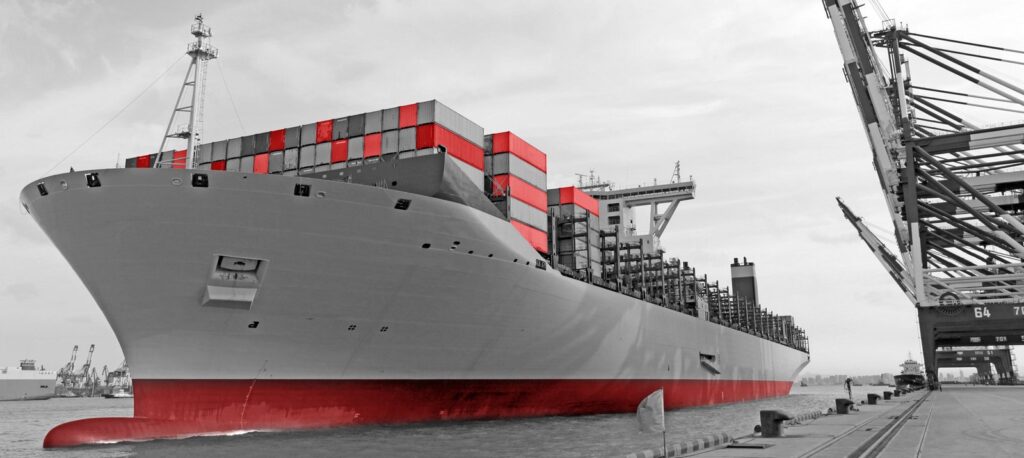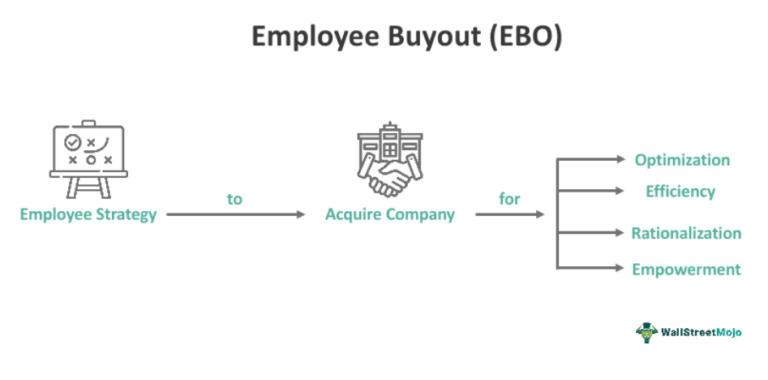
Audience
- Sentiment: Neutral
- Political Group: Conservative
- Age Group: 18-45
- Gender: Both
Overview
- President Trump announced a temporary halt on the removal of the de minimis exemption for goods valued at $800 or less from China.
- The de minimis exemption allows consumers to shop online without incurring extra duties or tariffs on small-value items.
- The decision reflects the government’s response to confusion and frustrations consumers and businesses faced due to recent tariffs.
Temporary Halt on De Minimis Exemption for Goods from China: What You Need to Know
In a world where we often hear about trade wars, tariffs, and political decisions affecting our day-to-day lives, it’s essential to understand what these terms mean and how they play a role in our economy. Recently, President Donald Trump made a significant announcement regarding a policy known as the “de minimis exemption.” Even if you’re not super into politics or economics, this is something that could affect you directly when you shop online for goods from China or other places. Let’s dive into what this exemption is all about, why it matters, and what this recent decision means!
What is the De Minimis Exemption?
First things first—let’s break down what “de minimis” means. This fancy Latin term simply refers to something so small that it doesn’t matter. In terms of trade, the de minimis exemption allows goods valued at $800 or less to enter the United States without paying duties or tariffs. This is crucial for many online shoppers who buy inexpensive items from websites like AliExpress, eBay, or other sites that ship directly from China.
Imagine you found some cool gadgets on a Chinese website—maybe a new phone case or a trendy pair of headphones—that cost $50. Under the de minimis exemption, you wouldn’t have to pay that extra fee that would typically come with importing goods into the country. You just pay for the item and shipping, and it arrives at your doorstep without any hidden costs. This exemption has encouraged many people to shop online and explore products from around the world.
The Current Situation: A Temporary Halt
But then, things took a turn. Recently, President Trump announced that he is temporarily pausing the removal of this exemption. You might be wondering, why would he consider getting rid of such a beneficial rule? Well, the idea was to make sure that all goods—regardless of price—would contribute to the tariffs imposed on Chinese imports. A 10% tariff was already in place on many goods coming from China as part of an ongoing trade war, and officials were looking for ways to increase revenue from this policy. But it turned out that making changes to the de minimis exemption would cause more problems than solutions.
The halt of the removal means that for now, packages valued at $800 or less from China can still come into the country duty-free. This decision isn’t just a gift from the government; it’s a response to the confusion and extra fees that both consumers and businesses were facing after the tariffs were rolled out. People were finding themselves unexpectedly slapped with high import fees when their packages arrived, leading to frustration and a lot of complaints.
The Impact on Consumers and Businesses
So, what does this mean for the everyday person like you and me? For starters, it’s a relief for those who love to shop online and want to avoid those extra costs. Imagine saving money on your purchases! However, there’s more to consider. Many small businesses often rely on these shipments to stock their inventory. If they were suddenly hit with extra costs because of the potential removal of the exemption, it might leave some of them struggling to keep their doors open.
Additionally, the United States Postal Service (USPS) has faced overloads in packages coming in from international shipments. Without the de minimis exemption, the influx could lead to operational disruptions, meaning longer waiting times for packages and an overwhelmed system. The halt on changing this regulation allows USPS to stabilize and prepare for the changes without creating chaos.
What about Other Trading Partners?
Interestingly, this decision also comes at a time when additional tariffs against Mexico and Canada were paused for a month. The rationale behind this pause is to allow for dialogue and negotiation with these neighboring countries on trade agreements. However, the complexities don’t end there. The economic relationships that the U.S. has with countries around the world affect prices on everything from cars to clothing. If either country felt the brunt of high tariffs, costs for consumers could soar.
Just think about it—if you wanted to buy a new sweater from a brand that sources its materials from Canada and assembles in Mexico, those tariffs may ultimately pass down to you, leading to a higher price tag than you’d expect. It’s a complicated web of trade agreements, tariffs, and consumer habits that all play together.
Navigating the Future of Trade Policies
While this temporary halt provides a breather, people are curious—what’s next? Will the de minimis exemption remain in place indefinitely? What if tariffs on goods continue to rise? As time goes on, it’s crucial for consumers and businesses to stay informed and adapt to shifts in policies. These regulations can change based on political landscapes, international relations, and even economic conditions. It’s like a game where the rules continuously change—one moment you might score big, and the next, you face a penalty!
President Trump’s Executive Order aims to get the ball rolling so that the Secretary of Commerce can ensure that systems are in place to handle tariffs before making further changes. The focus seems to be on finding a balance that can support both consumers and the economy while keeping the flow of trade steady.
Conclusion
In light of these developments, it’s essential to keep an eye on how such policies affect daily life. Whether you’re an avid online shopper or someone who just wants to understand the economy a bit better, the decisions made in Washington can have a ripple effect that reaches you at home. The halt on the removal of the de minimis exemption is a temporary stop, but it opens the floor for discussions on the future of trade and tariffs.
So, what do you think? How do you feel about the temporary halt on the de minimis exemption? Do you see the benefits of maintaining it, or do you believe that all goods—regardless of price—should be subject to tariffs? Let’s talk about it! Share your thoughts in the comments below!





